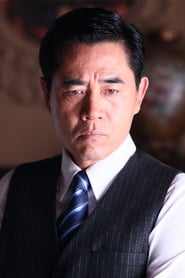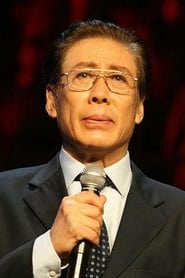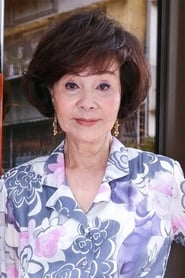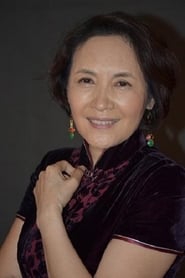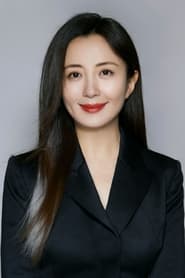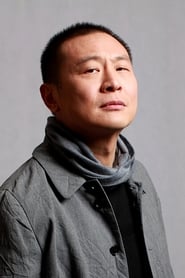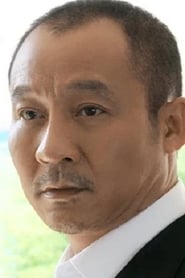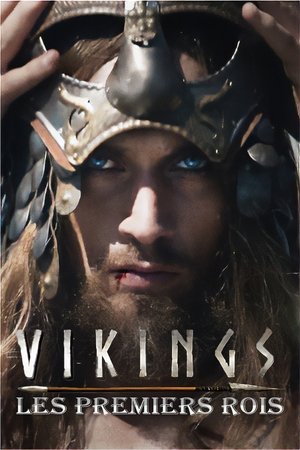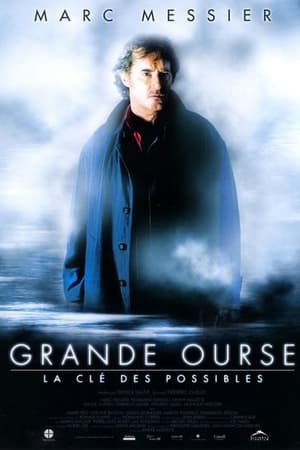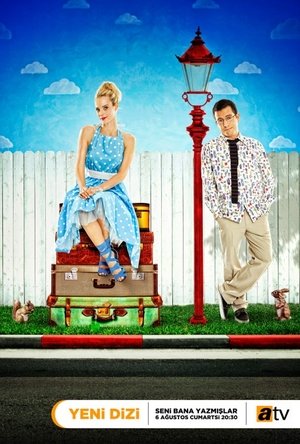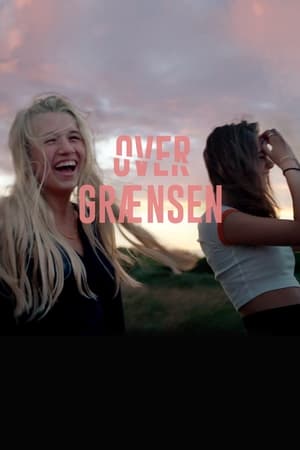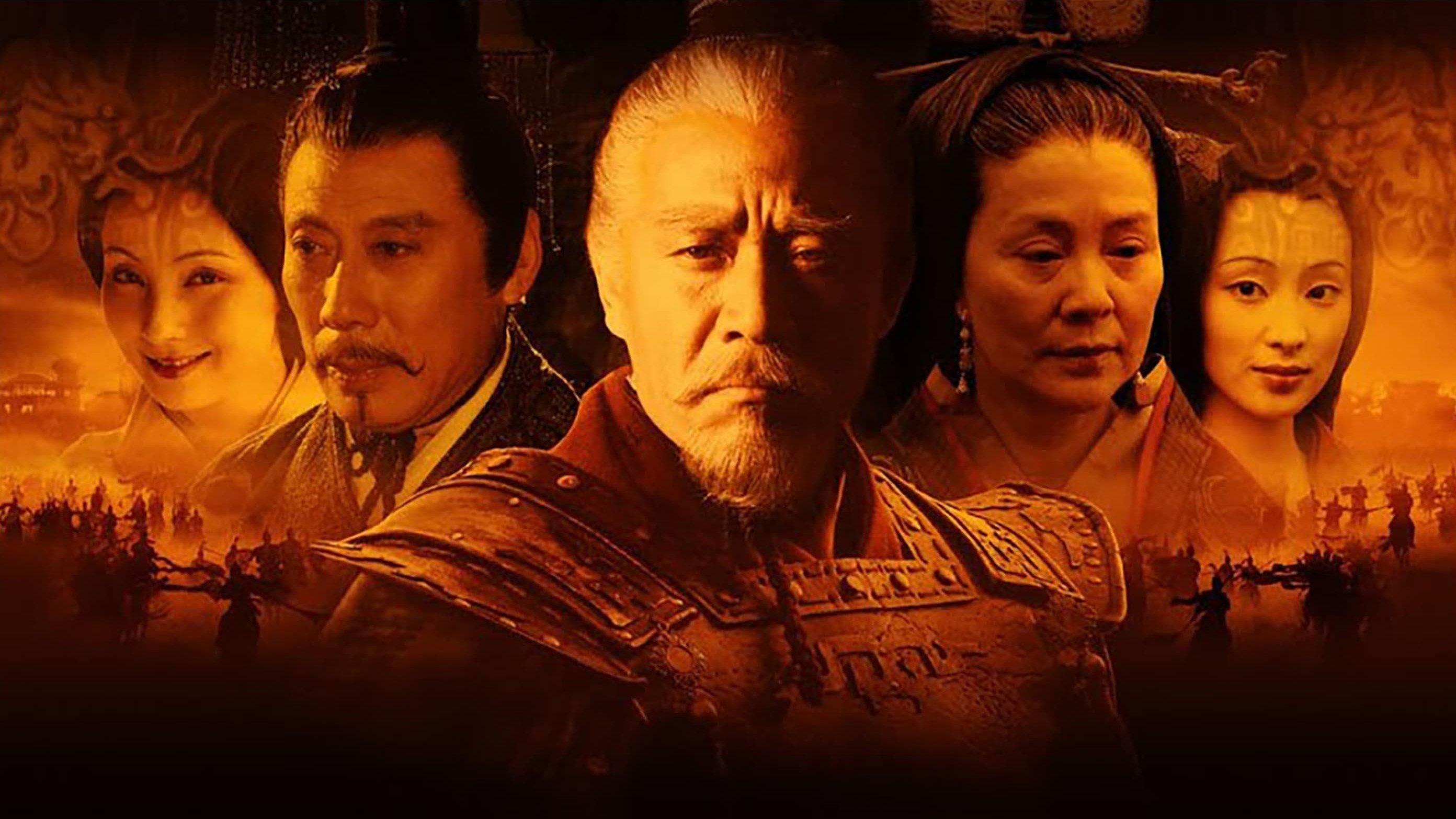
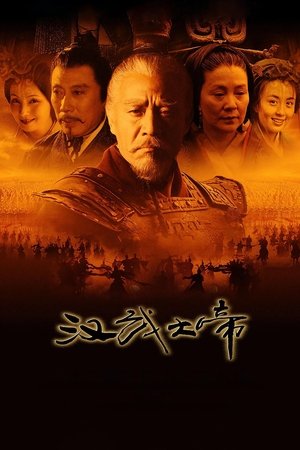
The Emperor in Han Dynasty(2005)
Overview
The Emperor in Han Dynasty,[1] also released under the title The Emperor Han Wu in some countries, is a 2005 Chinese historical television series based on the life of Emperor Wu of the Han dynasty. It uses the historical texts Records of the Grand Historian and Book of Han as its source material. The series covers the life of Emperor Wu from his early childhood to his death and some events in the reign of Emperor Jing (Emperor Wu's father and predecessor), such as the Rebellion of the Seven States. It follows the conflicts that defined the pivotal war between the Han Empire and the Xiongnu, and depicts the major victories that the Han scored over the Xiongnu during Emperor Wu's reign. Prominent historical figures such as the generals Li Guang, Wei Qing and Huo Qubing, as well as the diplomats Su Wu and Zhang Qian, also make appearances as supporting characters in the series.
Recommendations TVs
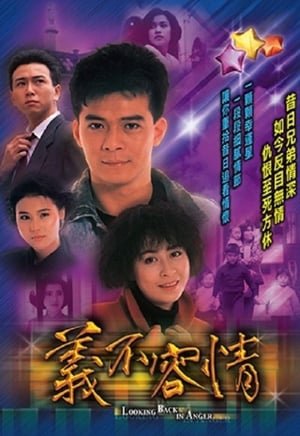
Looking Back in Anger (cn)
Looking Back in Anger was a 1989 Hong Kong TV series and one of the most watched TVB series by Chinese people in Hong Kong and around the world. Many factors contributed to the success of this series. As well as its tragic but memorable storyline, this series featured a strong cast, with Felix Wong, Deric Wan, Carina Lau, Kathy Chow Hoi-Mei and Maggie Shiu. The popular theme song of the series "Yat sang ho kau" was sung by Danny Chan and later by Deric Wan himself.
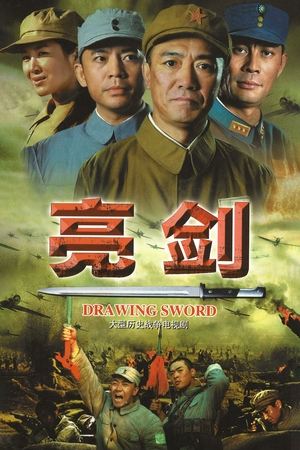
Drawing Sword (zh)
Li Yunlong, a bold and unconventional leader during the War of Resistance, leads his battalion to victory against Japanese forces. Amid rivalry and friendship with fellow general Chu Yunfei, he is wounded in battle and later finds love with nurse Tian Yu, facing the challenges of war and changing times alongside his comrades and family.
To Tell the Truth (en)
Five-day-a-week syndicated revival of one of Goodson-Todman's most durable and longest-lived formats: A celebrity panel determines which of three contestants is the actual person associated with a given story.
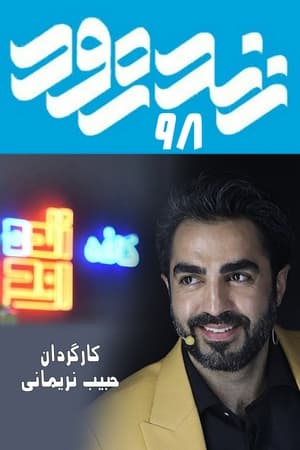
Zendeh Rood 98 (fa)
Zendeh Rood is an Iranian television program with a cultural and social focus that is broadcast live on Fridays on two Iranian national channels.
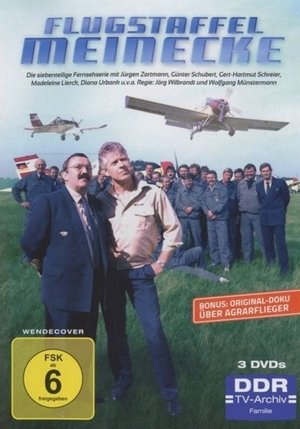
Flugstaffel Meinecke (de)
Flugstaffel Meinecke is a German television series.
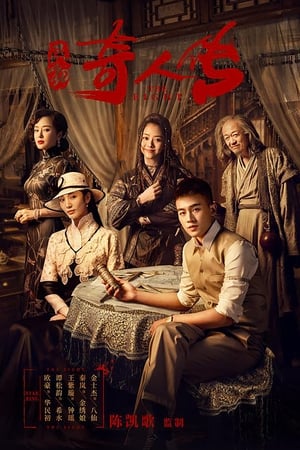
The Eight (zh)
An ordinary college student accidentally becomes entangled in the open warfare and veiled strife of a complicated world. The Eight revolves around martial arts experts of Jianghu in the face of a seismic change. As his involvement deepens, Hua Min Chu takes a step closer to his real identity and becomes a hero of the people.
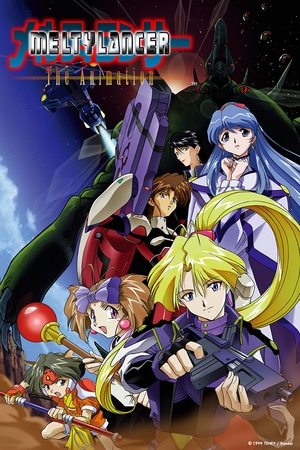
Meltylancer: The Animation (ja)
The Galaxy Police Organization has battled intergalactic terrorism for years! Finally achieving peace in the universe, the world was finally deemed safe... until a new alien criminal menace appeared! Answering the call of duty a group of six specially trained officers have been organized. Codenamed: Melty Lancers! The face of justice just got cuter!
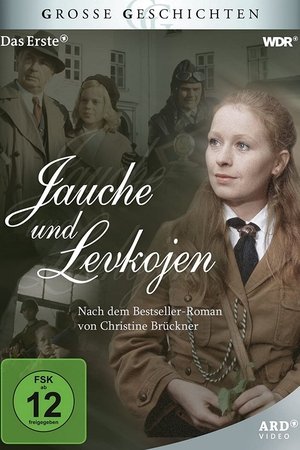
Manure and Gillyflowers (de)
A story about the life of Maximiliane Irene von Quindt based on a classic novel by Christine Bruckner .

Rabalder (no)
In a small northern Norwegian village, a group of children should learn by themselves in a chaos of love affairs, intrigue and explosions.
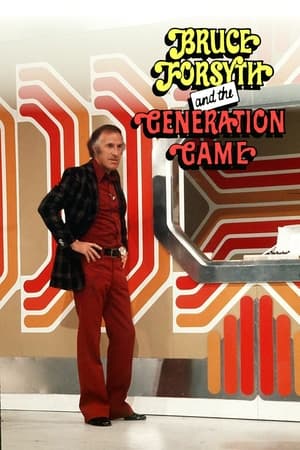
The Generation Game (en)
The Generation Game was a British game show produced by the BBC in which four teams of two competed to win prizes. The programme was first broadcast in 1971 under the title Bruce Forsyth and the Generation Game and ran until 1982, and again from 1990 until 2002. The show was based on the Dutch TV show Een van de acht, "One of the Eight", the format devised in 1969 by Theo Uittenbogaard for VARA Television. Mrs. Mies Bouwman - a popular Dutch talk show host and presenter of the show - came up with the idea of the conveyor belt. She had seen it on a German programme and wanted to incorporate it into the show. Another antecedent for the gameshow was 'Sunday Night at the London Palladium' on ATV, which had a game called Beat the Clock, taken from an American gameshow. It featured married couples playing silly games within a certain time to win prize money. This was hosted by Bruce Forsyth from 1958, and he took the idea with him when he went over to the BBC. During the 1970s, gameshows became more popular and started to replace expensive variety shows. Creating new studio shows was cheaper than hiring a theatre and paying for long rehearsals and a large orchestra, and could secure a similar number of viewers. With less money for their own productions, a gameshow seemed the obvious idea for ITV. As a result many variety performers were recruited for gameshows. The BBC, suffering poor ratings, decided to make its own gameshow. Bill Cotton, the BBC's Head of Light Entertainment, believed that Bruce Forsyth was best for the job. For years, The Generation Game was one of the strong shows in the BBC's Saturday night line-up, and became the number one gameshow on British television during the 1970s, regularly gaining over 21 million viewers. However, things were about to change. LWT, desperate to end the BBC's long-running ratings success on a Saturday night, offered Forsyth a chance to change channel to host The Big Night.
